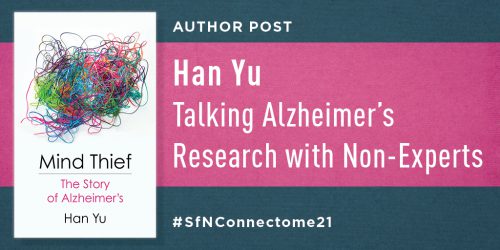Jonathan Gottschall on science, evolution, and the next big thing in English
An article in today’s New York Times looks at the ways in which literary scholars are drawing on science to understand individual texts as well as to understand such questions as “Why do we read fiction? Why do we care passionately about nonexistent characters? What underlying mental processes are activated when we read?”
Literary scholars interest in science has been growing over the past few years, in part because of the excesses of theory that some felt dominated the field in the last decades of the twentieth century. One of the leading figures in this scientific turn has been Jonathan Gottschall,who teaches at Washington & Jefferson College. From the article:
Jonathan Gottschall, who has written extensively about using evolutionary theory to explain fiction, said “it’s a new moment of hope” in an era when everyone is talking about “the death of the humanities.” To Mr. Gottschall a scientific approach can rescue literature departments from the malaise that has embraced them over the last decade and a half. Zealous enthusiasm for the politically charged and frequently arcane theories that energized departments in the 1970s, ’80s and early ’90s — Marxism, structuralism, psychoanalysis — has faded. Since then a new generation of scholars have been casting about for The Next Big Thing.
The brain may be it. Getting to the root of people’s fascination with fiction and fantasy, Mr. Gottschall said, is like “mapping wonderland.”
Gottschall is also one of the editors of the forthcoming collection Evolution, Literature, and Film: A Reader which includes essays by literary scholars, scientists, and critics that explore how our universal human nature works its way into diverse cultural forms and how this “biocultural” conception can illuminate many narrative works.
With pieces from scientists like Steven Pinker and E. O. Wilson as well as literary and scholars such as Brian Boyd and David Bordwell, the book looks at works by Shakespeare, Wordsworth, Dickens, Hurston through an evolutionary lens. Sure-to-be controversial, the book should contribute to the already vibrant discussion of whither literary criticism and the English department.



